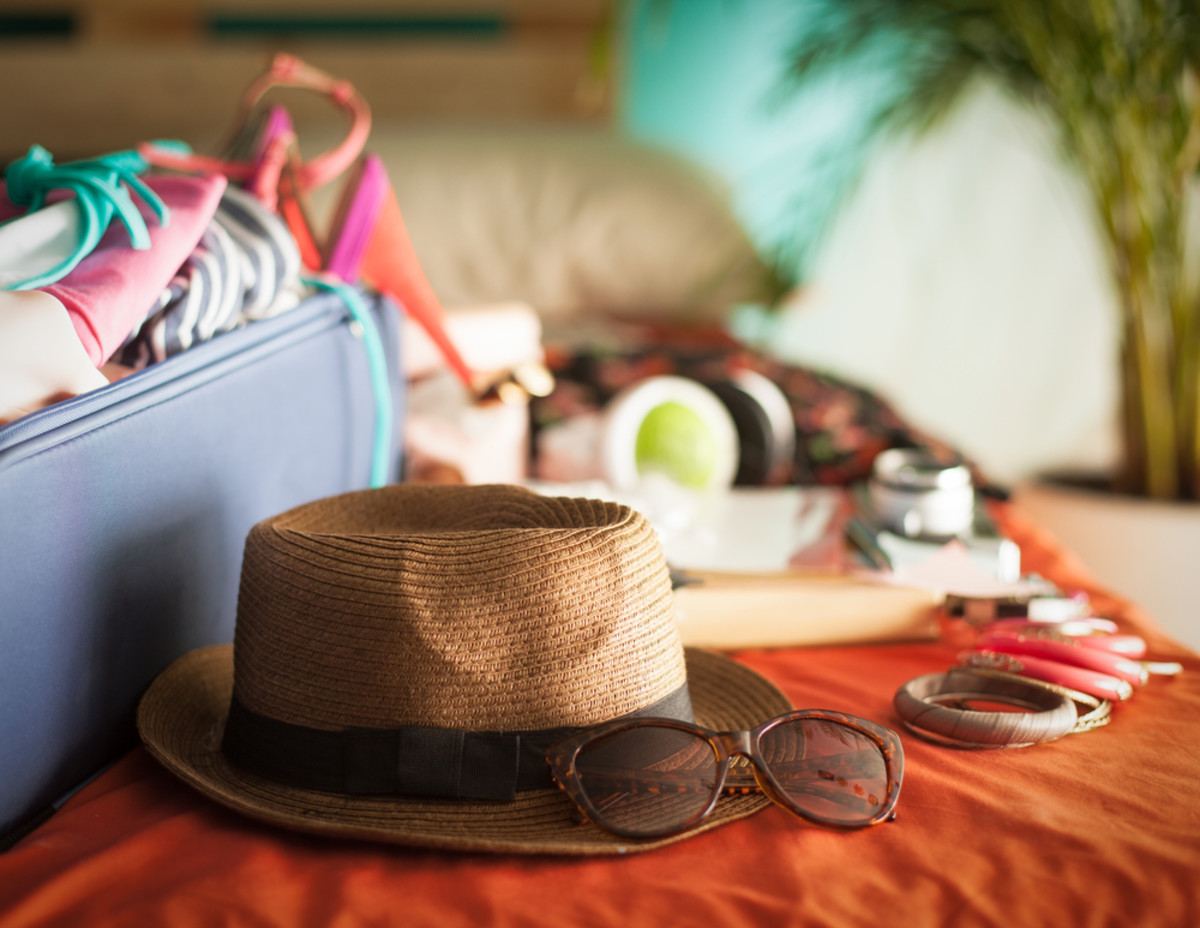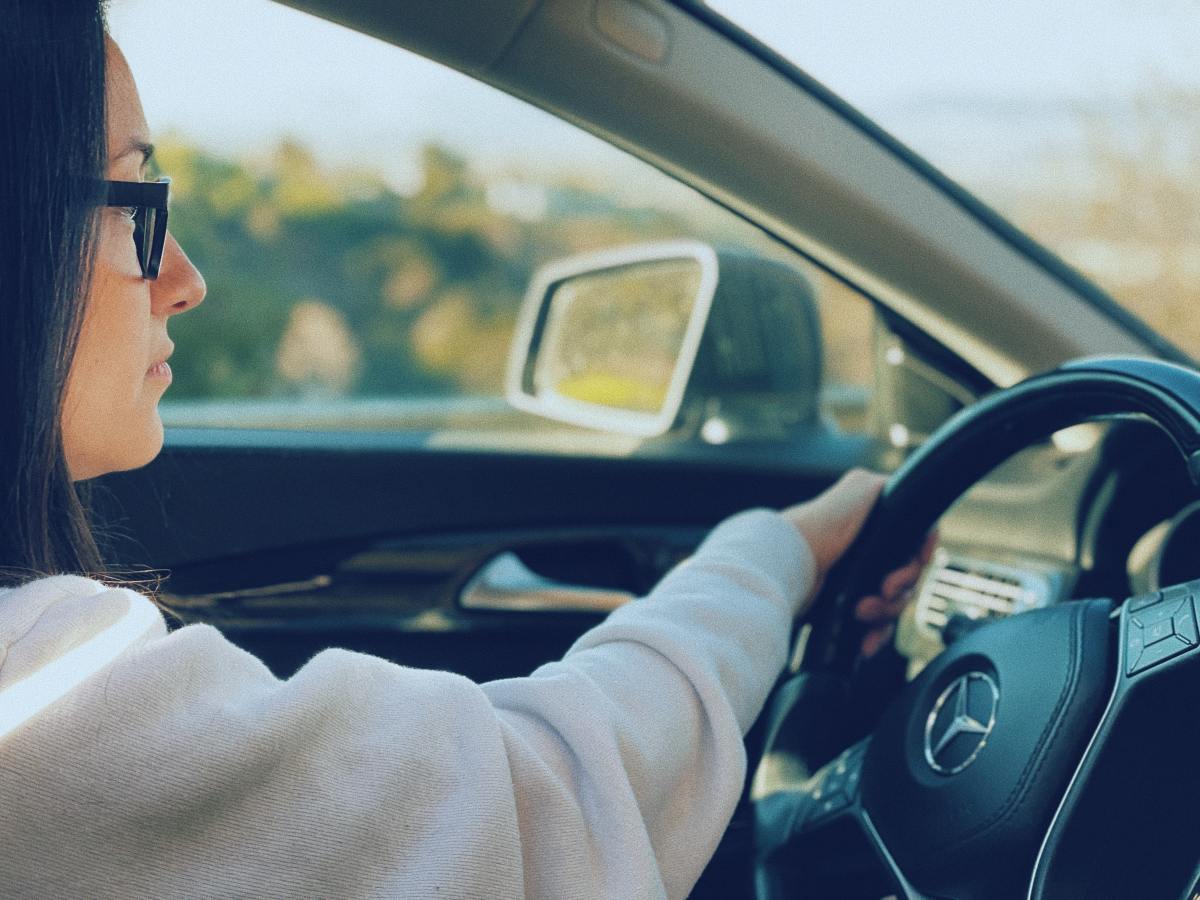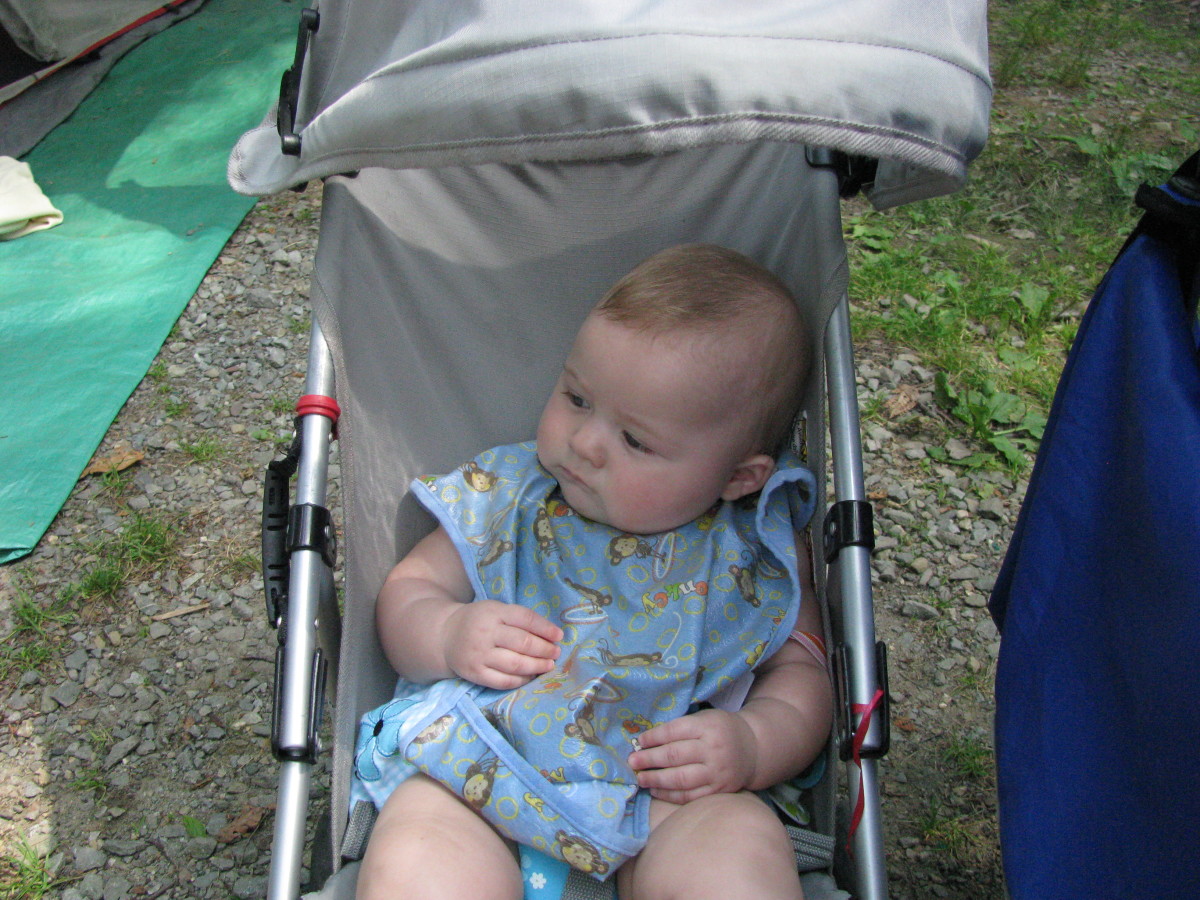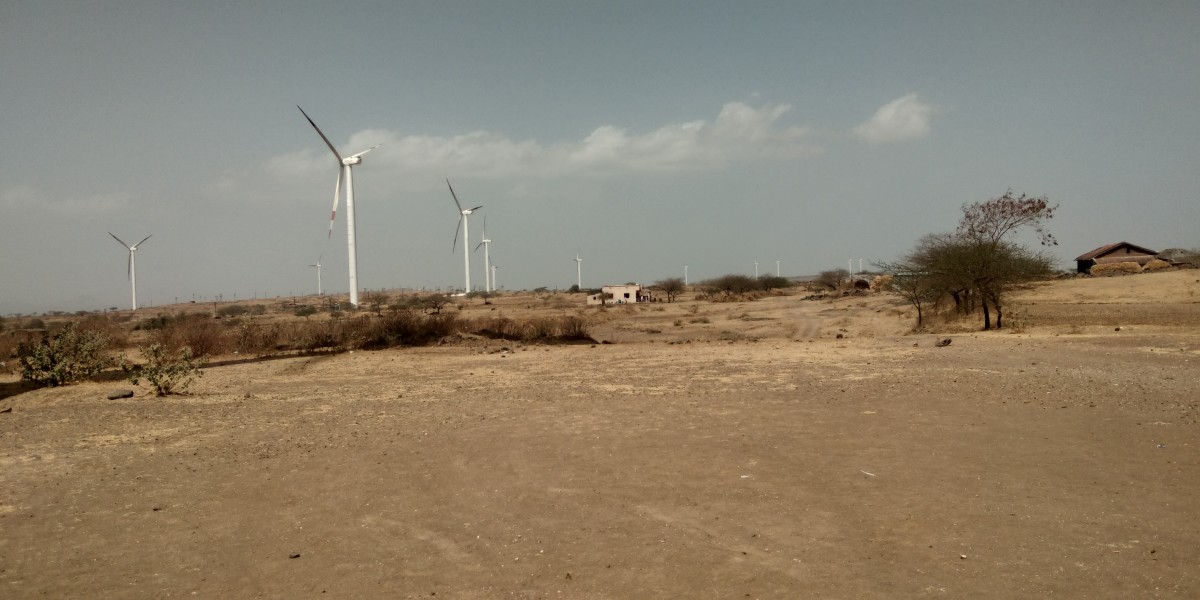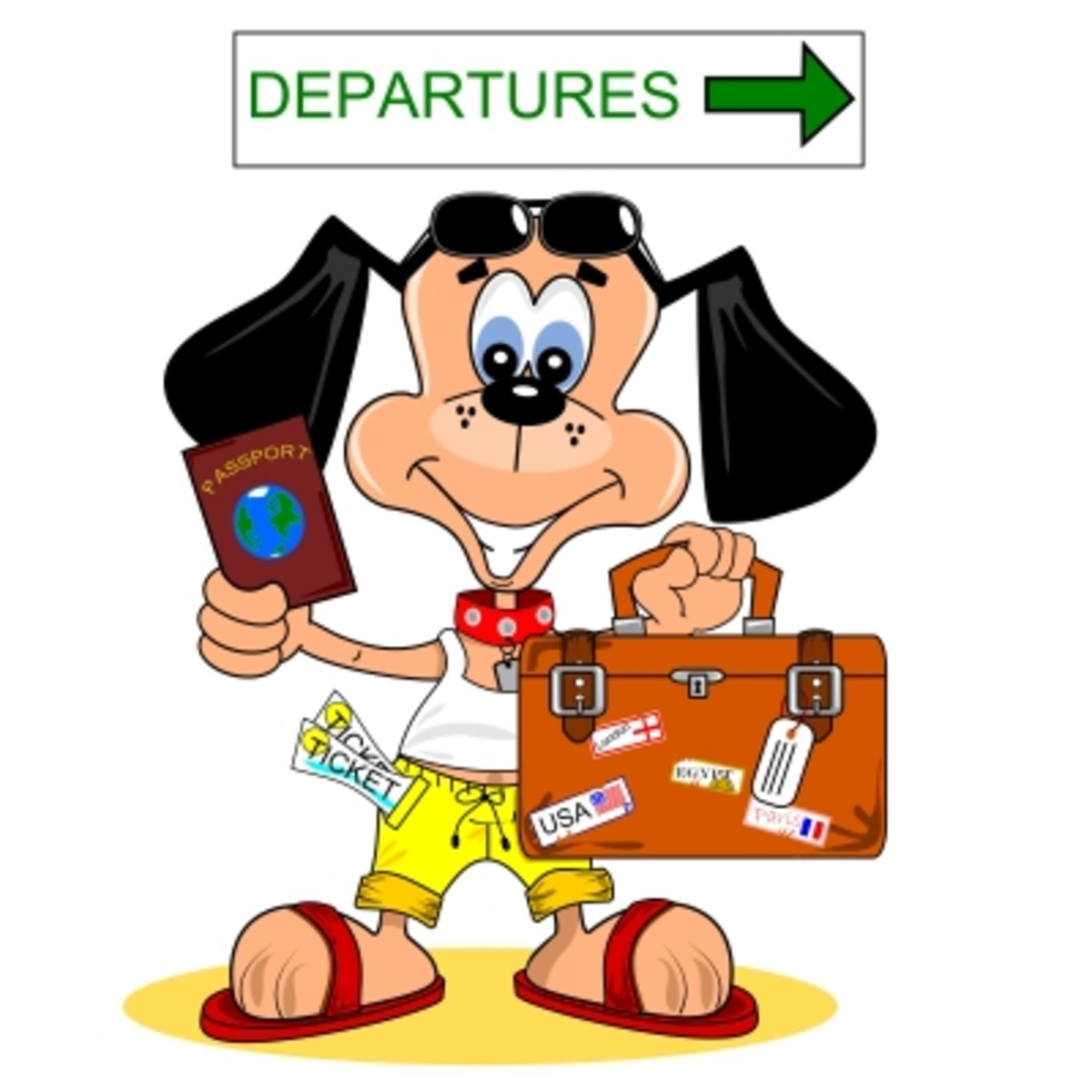Keeping Your Family Safe While Traveling

The Thanksgiving and Christmas/New Year’s holiday periods are among the busiest long-distance travel periods of the year.
During the 6-day Thanksgiving travel period, the number of long-distance trips (to and from a destination 50 miles or more away) increases by 54 percent, and during the Christmas/New Year’s Holiday period the number rises by 23 percent, compared to the average number for the remainder of the year.
And although heavy media attention focuses on crowded airports and bus and train stations on the Wednesday before and Sunday after Thanksgiving, when personal vehicle trips are added to the mix the National Household Travel Survey (NHTS) reveals that Thanksgiving Day is actually a heavier long-distance travel day than Wednesday. (Rita.dot.gov)
With so many more people on the road in personal or rented vehicles than any other form of travel at this time of year, and traveling for more than 50 miles, it seemed important to discuss some tips for keeping your family safe on the road while you’re traveling.
Being on the road for a long period of time can be dangerous if the right precautions are not taken. It’s easy to forget all that you encounter, and of the possibilities for what can happen, when you only do this kind of trip once or twice a year.
In this article, I want to remind you of some really important safe guards that save your life, or at least make your trip that much easier and more comfortable. Let’s look at them!
Quick Poll
Are you traveling for the holidays?
Pack Plenty of Snacks and Water
I think this is the first thing I always consider, and I’m sure I’m not alone. But we aren’t packing snacks just for fun in case we get hungry. We make sure to pack in case of an emergency, and you should too.
Consider a couple of gallons of water, some fruit, and some granola bars. If worse comes to worse, and you end up broken down, out of gas, stuck in snow, mud, water, or even on the side of the road, you will need to be prepared.
The likelihood of this happening is low, but you know that just when you haven’t prepared is when it will happen. Whether it’s cold or hot outside, being in a situation for any long period of time where you cannot access food and/or water (even like a bad traffic jam) is scary and possibly dangerous.
Here in Arizona, there’s a stretch of road going from Phoenix up the mountain to Prescott and Flagstaff. Most of that road is one way on either side, without exits for many miles sometimes. When there’s a wreck, you could be stuck there without any options for 4-8 hours.
Why take the chance with your family and not prepare for these unexpected occurrences. Pack plenty of food and water, and not just the fun stuff, for emergencies, just in case you find yourself in an unfortunate position.
Would you rather just be bored than starving or dehydrated?
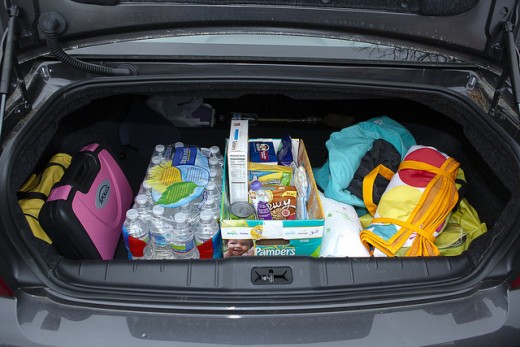
Pack a Vehicle Emergency Kit
Speaking of emergencies, how’s that vehicle emergency kit in your car coming? Do you have a camera, flares, fire extinguisher, tire gauge, jumper cables, spare fuses, extra cash and coins for an emergency, basic tools, a coolant hose repair kit, etc.?
A roadside emergency can happen at any time, whether your car is new or old. A range of problems can cause it, from a tire failure or mechanical breakdown to running out of fuel.
At best, it's an annoyance; at worst, it can compromise your safety. Being prepared with a basic emergency kit can increase your safety, reduce stress, and help you get back on the road faster. (Consumer Reports)
Depending on the type of area where you are traveling, and even the weather in which you are traveling, can make a difference in what you bring. Someone in California, for example, won’t need snow chains for their tires, but someone in Montana driving in the winter definitely will.
Check out this article for more information on exactly what you should have in your emergency kit and why. And there are other items you should definitely consider.
What about a first aid kit that allows you to treat a range of problems, from small cuts or burns to ones that require major bandaging? I suggest you get very familiar with how to use your kit before you store it away. You’ll want to know what you have and what you don’t (and how to use them) before you need it.
Finally, something no one considers, a cell phone charger. Yep, that’s right. What happens when you’re stranded, or desperately need to find a gas station before you run out of gas?
We have two different kinds in our vehicle. We have one that plugs into the cigarette lighter, and then into our cell phones, and then we also have an adapter with an outlet to plug into the electrical adapter in our car.
We can pretty much charge or use anything we need to in the car in an emergency, or even for convenience.
Bring Plenty of Car Activities
I think this section is more for your mental health and safety than anything else. Can you family die of boredom? You may feel like it, but no. Might you kill someone from sheer annoyance? That’s probably more likely.
Make sure to pack plenty of things for your kids to do in the car. An arsenal of road trip games and songs is always great, but what about the kids? (Ha Ha!)
Consider portable CD or DVD players with tons of music or movies. What about notebooks to draw or write, books to read, or car games to play?
Your kids are going to hate me for this, but might they bone up on educational skills like math problems, reading skills, trivia questions, fact cards, etc.? They may have a paper to write, homework to do, or a handheld video game that works on educational skills.
The options are endless. Make sure to plan ahead of time to keep your family entertained on the road, whatever options you choose to provide. You’ll thank me later!
This sounds like a great article topic for me to write!
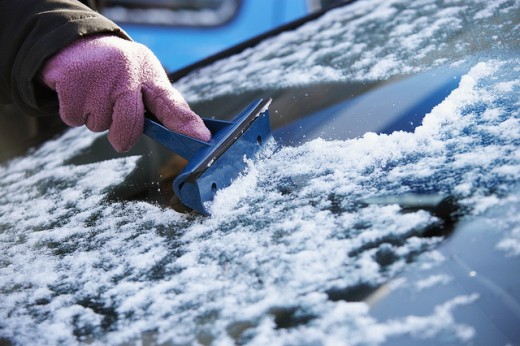
Make Sure Your Spare Tire is Filled
So many people don’t even consider the extra tire put in place somewhere in or on your vehicle for just that moment when a flat tire is a possibility. It happens so infrequently in the life of a car that it is easy to overlook until it is desperately needed.
Not only should this tire be filled correctly, and you should ensure that you have all the tools necessary to remove it from your car and install it on your car, but all working parts on your car should also be checked.
Make sure you have an even tire pressure on all four tires on your vehicle and that you still have a reasonable amount of tread on each tire.
Check for anything on your tires that may become a hazard on the road, like nails, rocks, etc. that may have been imbedded at some point, and make sure they are all tightly installed with all of your lug nuts.
Check your brakes, oil pressure, windshield washer fluid and coolant. Make sure your car is cleaned inside and out, and that everything is working properly for the long road trip ahead.
It would really suck if you were to find a problem on that long stretch of road in the middle of nowhere.
Pack a Blanket and an Extra Set of Clothes
It does happen to be really cold, especially at night, in most areas of the world right now. If you were to break down or get stuck in some bad situation, for any amount of time on the road, and didn’t have access to a gas station, restaurant, or other shelter, you would want your family protected.
My husband is always reminding me before road trips to make sure these are in the car. That way, in the worst of situations, at least we would be warm and protected from the cold. And this is something most families wouldn’t consider.
Your pillow and video game may have made it to your top ten traveling list, but they certainly won’t help you if you get stuck in your car in the cold. Better safe than sorry.
Plan for Pitstops
The road is tricky, especially in some specific areas, like the trip from Texas to Arizona, or Arizona to California. I know from experience. You can go for hours sometimes without seeing a single restaurant or gas station.
It’s important to know how far you can reasonably travel before you run out of gas, or have to pee so bad your eyes are turning yellow. The closest I think we’ve come to running out of gas before reaching a gas station is 5 miles to empty. That was a scary experience for both of us.
We always plan out our trip ahead of time, just to be safe, and make sure we know the locations of all necessary gas stations, and keep our phones fully charged for emergency Google map searching.
Now that we’ve traveled our routes so many times, we make it a point to stop at the same places all the way there and all the way back to make the best use of our gas, and our time.
The last thing you should ever want is to get stuck having to go to the bathroom (at least for us women) with no restroom in sight for another hour, or even worse running out of gas with no gas station in sight for miles.
On our way home from our honeymoon, we actually found a family in just this situation. They had run out of gas right smack dab in the middle of a road with no gas stations for a while either way. The husband had to leave his wife and small child in the car to walk to the gas station.
We definitely stopped to help, cautiously, and heard his story of walking for four hours (in the desert in June) just go get gas, and he was finally on his way back. It was getting dark fast and they were still a few hours walking distance away.
I definitely don’t recommend picking up random people on the side of the road, but I’m so glad we did that day. We saved him hours of walking and spared his young family from having to wait it out in the car for him any longer.
Just being stranded in the car like that for hours was super dangerous for them. Don’t be that family.
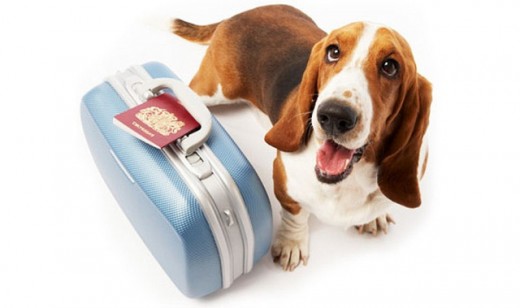
Prepare for Pets
Many pets are not used to spending long periods of time on the road. Make sure to consider special arrangements for your precious ones if they are riding with you for the holidays.
We always consider what position they would be in in the case of a car wreck, as this is more likely the longer you spend on the road at one time, and make sure to take the necessary precautions to protect them (or at least pad the back seat to protect their little bodies).
What about food and water? How will you feed them on the road, and more importantly, did you bring their food and dishes with you to feed them at their upcoming destination?
And finally . . . potty breaks. I realize that many adult dogs have learned how to hold it for longer periods of time. However, if the need does arise, do you know the signals your pets will send you when they are ready? Where are you going to stop so they are safely out of traffic?
We try to plan on a potty break for our puppies (90 pound labs, lol) for at least every hour and a half to two hours, just to make sure. It would really make for a rotten trip for everyone if they were to potty in the back seat.
If all of these things will be a problem because your pets are anxious or do not travel well, talk to your vet about providing them some over-the-counter medication to calm them down, or even put them to sleep, during your long road trip.
In the end, you will want to make sure that you are prepared for any emergency, situation, or eventuality that may happen while you are on the road.
One great tip: If you have kids in the car, pack storage bags in the glove compartment in case one gets ill or car sick. This way there will be no emergency pull overs, no mess in the car, and I’m sure you’ll find more than one use for those storage bags eventually. Keep plenty of them in there.
Consider also keeping a store of napkins in your glove compartment. It’s not like you keep anything else in there but your manual and your insurance.
We have gone through our store of glove compartment napkins many times and had to restock them. We use them for everything from fast food trips where they don’t provide napkins, to spilled drinks, runny noses, wiping the fog from the inside of the driver’s windshield or window, and so many other things.
When you are traveling with your family, as the parent/driver/one responsible for the other passengers, you have to consider the well-being and safety of everyone else in the car with you.
I promise you that by making sure you have the necessary ingredients for providing for them in any situation, you will likely never need them. However, when you do, you’ll be glad that you had what you needed.
Please be safe while on the road this holiday season.
Quick Poll
Was this article helpful to you?
© 2013 Victoria Van Ness


